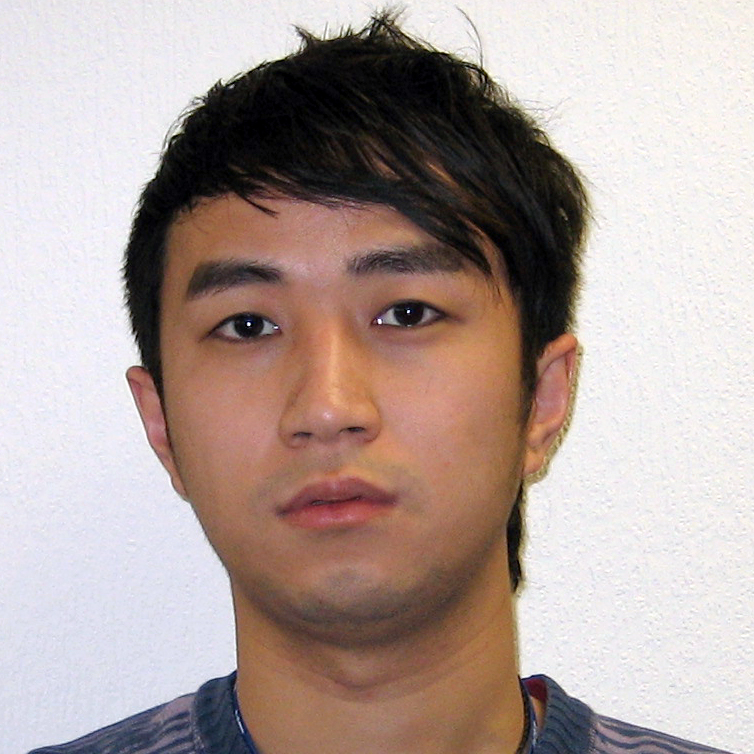 Prof. Jingyuan Cheng
Prof. Jingyuan Cheng
University of Science and Technology of China
“Internet of Things Including Your Clothes: Smart Textiles for Activity Recognition”
Abstract. With smart phones, smart watches, head-mounted displays and intelligent ambient devices, the advancing of IoT is greatly changing our life. What if the intelligence goes beyond a single location per device to a large area per device? What if the clothes that cover more than 80% of your body surface and exist ubiquitously in the environment also became smart and connected? This talk will present our initial efforts toward modulized, large-scale smart textiles and their applications in the activity recognition domain.
Bio. Prof. Jingyuan Cheng is a professor at the School of Computer Science and Technology, University of Science and Technology of China, where she leads the Precise Pervasive Lab. Her research focus includes wearable and ubiquitous computing, smart textile, sensors and pattern recognition. She holds a Bachelor’s degree in Applied Physics (2002) and a PhD in Physical Electronics (2007), followed by 11 years of working experience in Germany as s post-doctoral researcher at the University of Passau, a senior researcher at the German Reserach Center for Artificial Intelligence (DFKI) and a junior professor at TU Braunschweig.
 Zhi Hu Wang
Zhi Hu Wang
IBM Research China
“Building IoT Manufacturing Solutions with AI”
Abstract. Zhi Hu Wang joined IBM Research China in 2005 and works there as a Research Staff Member and Master inventor with over 70 patents filed. His research focusses on Internet of Things, Artificial Intelligence for Visual inspections, and Massive multi-tenany cloud computing. He applied his work to smarter transportation, connected vehicles, and intelligent industrial manufacturing. Currently, his research focus is on empowering the Industrial Internet of Things with 5G.
Bio. IoT and AI technology are increasingly empowering the traditional manufacturing industry. These technologies are helping manufacturing enterprises to efficiently perceive the external and internal state of equipment and product, enable real time anomaly detection and prediction, and allow for proposing the best constructive actions. In this talk, we will share how we used AI technology for building solutions for the manufacturing industry like visual inspection for industrial product quality, and acoustics & vibration based maintenance for industrial equipment.